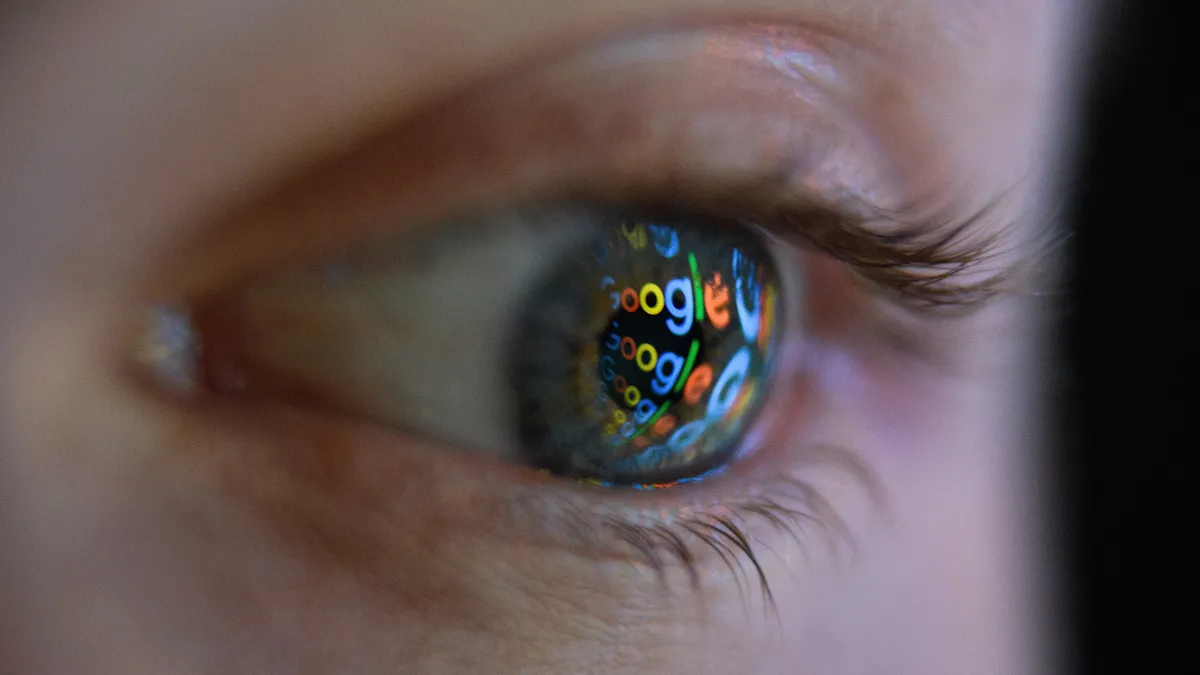CMOs will enter the new year optimistic and ready to invest as revenues stabilize and economic uncertainty recedes, according to new media and advertising predictions from Forrester. The researcher describes 2024 as a moment “where big media gets its mojo back,” painting a marketing landscape ready to shake off the uneasiness of the last few years. Marketers will take more calculated risks, experimenting with new approaches in areas including artificial intelligence (AI) and gaming, but mostly under the auspices of already dominant media partners.
An ad market buoyed by major cyclical events like the 2024 political season and the Summer Olympics will present both opportunities and obstacles for marketers. To that point, Forrester noted that deepfake advertising in the political sphere could reach a “crisis level” with brands and other likenesses appropriated and misused until supply- and demand-side platforms take direct steps to address the issue. The firm suggested that brands demand creative scanning from ad platforms to avoid getting “spoofed” in 2024.
AI boosts Google but could trip up advertisers
Despite its possible misuse in deepfake ads, generative AI is likely to see even more investment from brand marketers next year, especially as platforms including Meta, Google and Amazon beef up their AI-powered advertising capabilities. Google is poised to deepen the “moat” around its walled garden with generative AI because it remains a “source of truth” for both advertisers and users, according to Forrester.
Since 73% of online adults would rely on Google to verify suspect ChatGPT responses, per a separate Forrester survey, Google will likely use generative AI to remain the dominant player in search, even if it loses some queries to Microsoft’s Bing due to the rival’s ChatGPT integration. Forrester suggests that marketers improve their SEO competencies and practice holistic search marketing in light of these changes.
The rapid adoption of generative AI will not come without its pitfalls, as early experiments continue to show that bad results and hallucinations can go viral on social media. Still, more than one-third (37%) of AI decision-makers surveyed by Forrester said that creating marketing content will be the most important use case for generative AI in their organization over the next 12 months. With this in mind, Forrester expects at least one marketer will use AI and stumble on advertising’s biggest stages — the Super Bowl and the Summer Olympics — requiring a public apology for not treading carefully.
Chasing Gen Z through gaming, TikTok
With 86% of U.S. B2C marketing executives in Forrester's latest CMO Pulse Survey saying finding better ways to reach Gen Z and millennials is a priority, marketers will continue their pursuits of younger consumers in the places they spend the most time.
Despite the meteoric rise of gaming as a cultural force for most U.S. consumers, advertisers are still under-investing in the channel, the research found. U.S. ad spend on video games was one-sixth of social media spend, per eMarketer data cited by Forrester, and gaming captures less than 5% of advertising budgets, according to an IAB study published earlier this year. That could change in 2024, as Microsoft’s acquisition of Activision Blizzard comes into focus and Sony potentially acquires Take-Two, a deal that has been rumored for months.
“Media heavyweights’ investments will entice advertisers with their ad-tech backbone and ability to mature in-game ad offerings and remedy systemic problems, such as ad fraud and brand safety,” the report said. “With low CPMs, addressable audiences, and brand safety on their side, marketers must stop looking at gaming as an edge case and make room for this engaging channel on their media plans.”
Forrester predicts that consumers and brands will continue shifting away from linear TV. Marketers looking to reach Gen Z will move beyond connected TV to TikTok and gaming. The young cohort spends just 17% of its screen time watching TV and more than twice that gaming and viewing non-premium video. Large numbers of online adults under 35 in the U.S., UK and France are “constantly” on TikTok — a platform that more than doubles the minutes spent on Netflix.
“In 2024, TV and CTV will no longer ‘own’ share of consumer entertainment budgets,” the report said. “Marketers looking to reach Gen Z should look beyond the ‘big screen.’”















